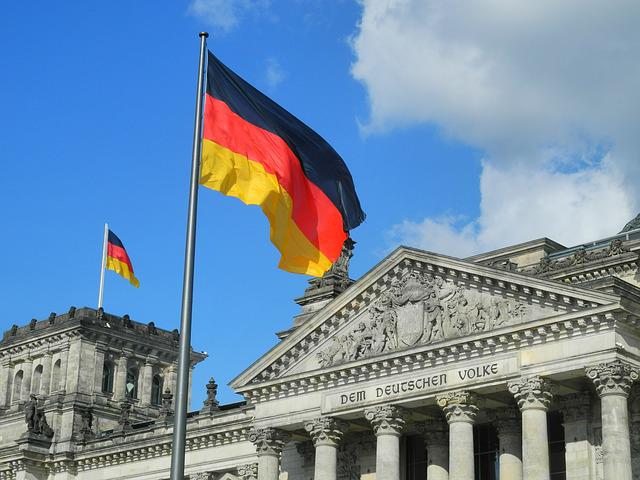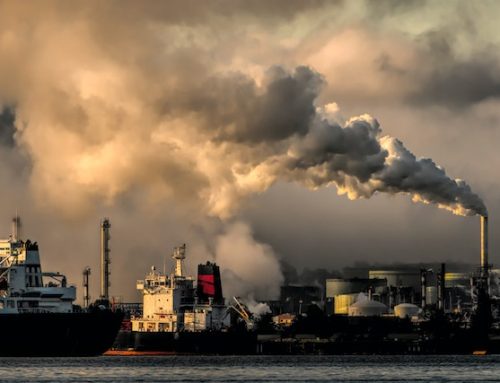September 7, 2022
In order to help people cope with rising prices, the German government launched a new multibillion-euro plan. It claimed it was looking to energy corporations’ windfall earnings to help pay for the relief.
High energy prices are hurting German firms and consumers as the continent’s largest economy tries to wean itself off its dependency on Russian supplies in the wake of Moscow’s invasion of Ukraine.
Germany will “get through this winter” if quick preparations are made, according to Chancellor Olaf Scholz, who unveiled the 65 billion euro ($65 billion) package.
The new deal was reached overnight by Germany’s ruling coalition of Scholz’s Social Democrats, the Greens, and the liberal FDP, bringing the total assistance to almost 100 billion euros since the start of the Ukraine war.
The most prominent initiatives include a plan to skim off the windfall earnings of energy companies and one-time handouts to millions of vulnerable retirees.
Two days after Russian energy giant Gazprom announced it would not resume gas exports via the Nord Stream 1 pipeline on Saturday as planned after a three-day repair, the government announced its most recent relief package.
According to Scholz, the government reopened coal power plants and filled gas tanks in order to avert a winter disaster.
However, preventative measures, such as a push to cut back on consumption, haven’t done much to stop a rapid rise in family expenses.
The most recent announcement comes after two previous relief packages totaling 30 billion euros, which included a lower gas tax and a well-liked drastically discounted public transportation ticket.
However, with many of those policies set to expire at the end of August and consumer prices surging, the government has been under pressure to offer new assistance.
After declining for two consecutive months as a result of prior government relief efforts, inflation increased once more to 7.9 percent in August.
By the end of the year, inflation in Germany is predicted to have reached its highest level in decades—10 percent—as a result of the surge in energy prices.
Source: France 24
Legal Notice: The information in this article is intended for information purposes only. It is not intended for professional information purposes specific to a person or an institution. Every institution has different requirements because of its own circumstances even though they bear a resemblance to each other. Consequently, it is your interest to consult on an expert before taking a decision based on information stated in this article and putting into practice. Neither Karen Audit nor related person or institutions are not responsible for any damages or losses that might occur in consequence of the use of the information in this article by private or formal, real or legal person and institutions.






